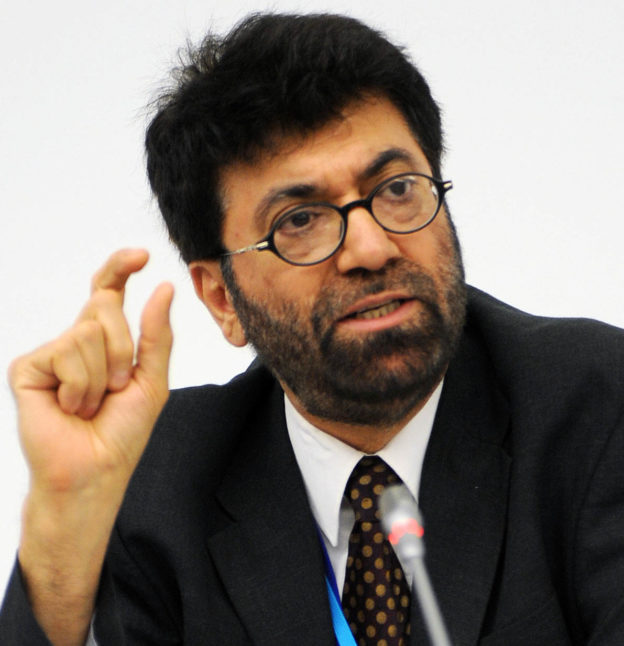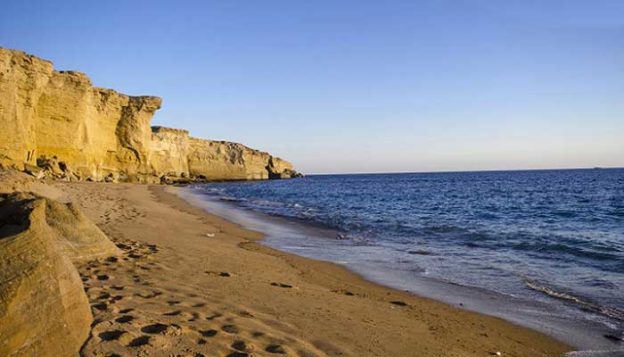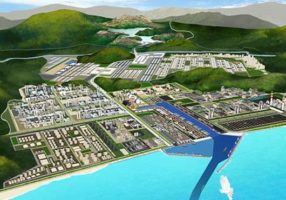Prime Minister Shahid Khaqan Abbasi invited Chinese investors and companies to participate in the development of Pakistan’s power sector. PM stated this while talking to Administrator of National Energy Administration (NEA) of China, Nuer Baikeli, who called on him on the sidelines of BOAO Forum for Asia, a statement issued by the PM House here said.
PM expressed the hope to further strengthening cooperation with the National Energy Administration of China and the government of Pakistan. Appreciating the contribution rendered by CPEC energy projects in alleviating the energy shortage in Pakistan, PM thanked Chinese government and NEA for their strong support and collaboration. He said that these projects were providing efficient and affordable electricity and both sides were continuing to work on other projects based on hydropower in north of Pakistan and local coal in Thar district of south.
He also indicated the need of early completion and synchronization of transmission line of South-North with the upcoming generation projects in Karachi and Thar. PM stated that the oil and gas sector was a priority area which was featured prominently in the Long Term Plan for CPEC. He emphasised that the government was committed to supply clean, affordable and sustainable energy to consumers. PM said that focus was on provision of affordable and diversified energy mix as Pakistan holds tremendous potential in the coal, hydro, solar and wind sectors.
The PM expressed satisfaction over regular exchange of views between experts on energy from the two sides. He said that private sector was now playing a crucial role in developing Pakistan’s economy by supplementing generation capacities and related infrastructure. Present government has introduced robust policy frameworks that carry competitive incentives and simplified procedures for both local and foreign investors, PM said.
Meanwhile, PM said that businessmen from Hong Kong could expect excellent returns on investment in Pakistan in the fields of financial services, technology, logistics and infrastructure. PM was talking to Chief Executive of Hong Kong Ms Carrie Lam who called on him on the sidelines of BOAO Forum for Asia, PM office media wing said in a press release. PM said Pakistan considered Hong Kong as a significant and largest free trade area and a super connector of the Belt & Road Initiative.
PM said Hong Kong was home to over 25,000 Pakistan origin residents and commended Hong Kong’s policy of tolerance and interfaith harmony that was hallmark of its diversity. He said the enhanced people to people contacts were the key to strengthening relations and suggested a more liberal visa regime for Pakistani businessmen & tourists; and increase in scholarships for Pakistani students in universities of Hong Kong.
He expressed his satisfaction over participation of investors from Hong Kong in the ‘Pakistan Investment Forum’. PM expressed the hope to organise investment and trade promotion events, and B2B meetings in collaboration with the government of Hong Kong. He also felicitated Ms Lam on assuming office of the chief executive through a successful election process that manifested effectiveness of the unique model of ‘one country, two systems’.
PM invited the Chief Executive of Hong Kong to visit Pakistan.The Hong Kong chief executive commended the economic growth attained by Pakistan under the present government and expressed the hope to further strengthen economic and people-to-people contacts.











